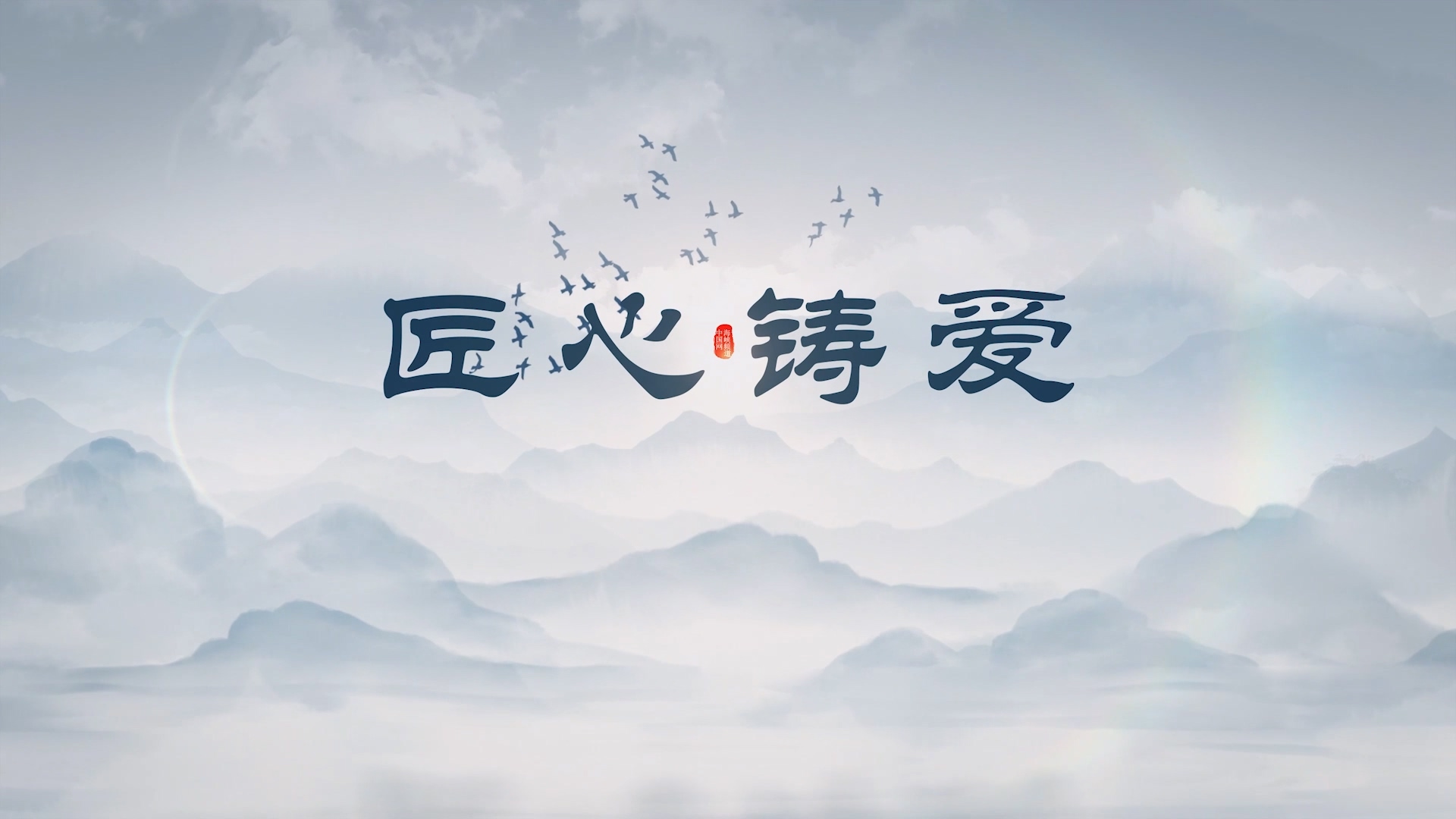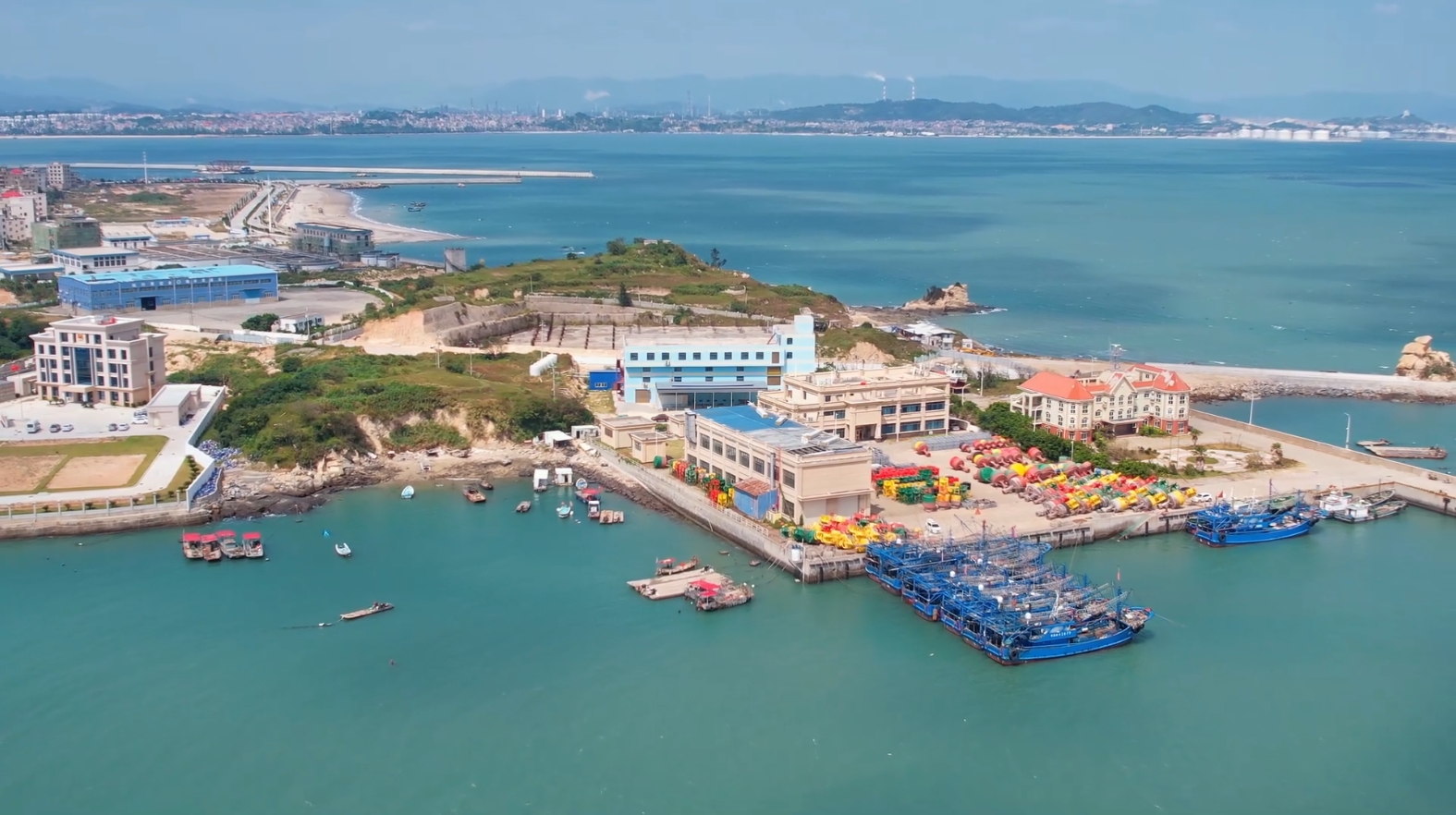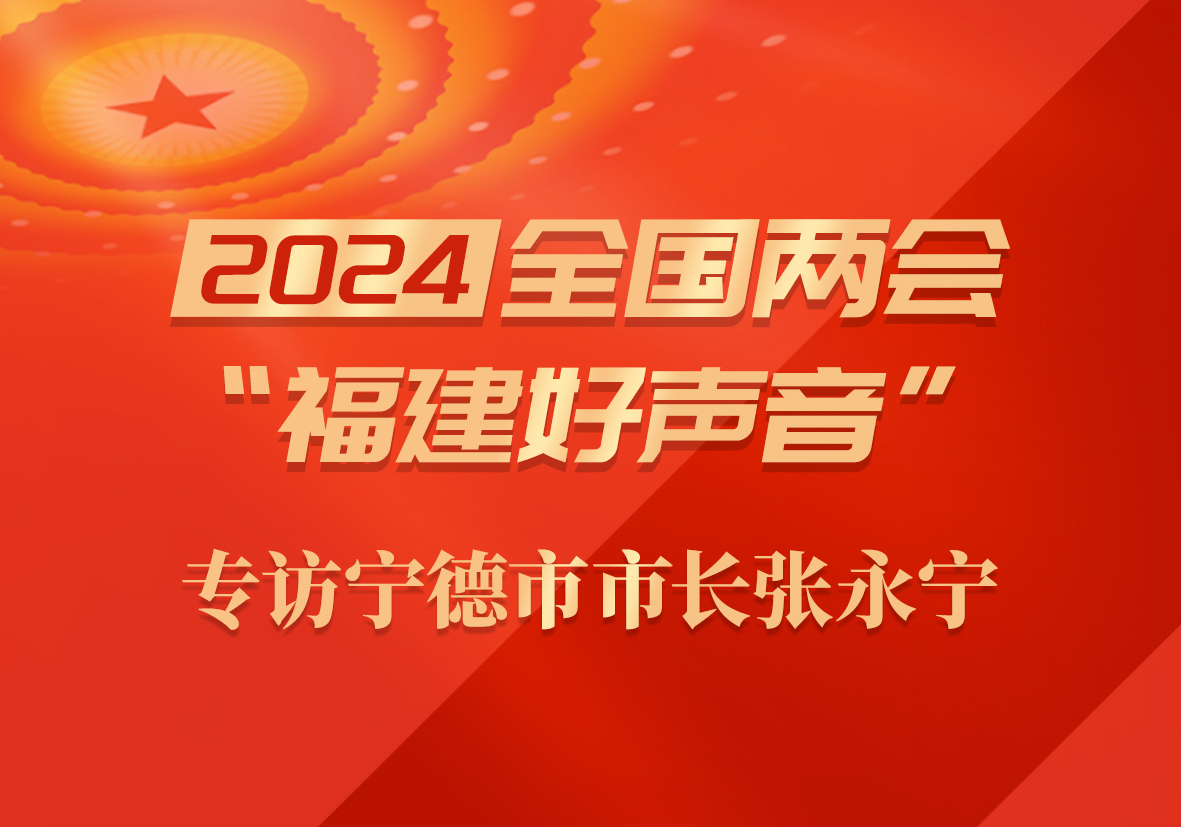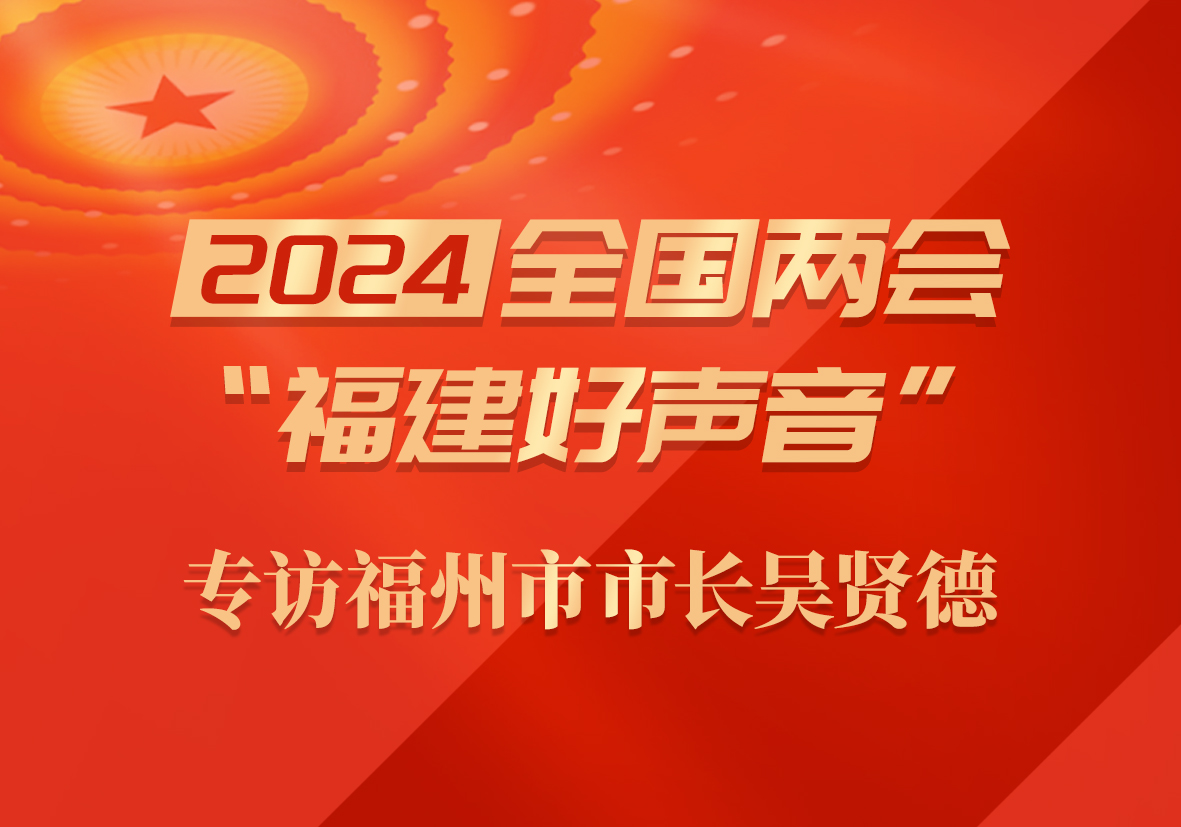 当前位置:
首页 >
当前位置:
首页 >
Trump Signs 'Reciprocal Tariff' Executive Order, Reactions from Trade Partners
On April 2nd local time, the US President signed an executive order regarding the so - called "reciprocal tariffs" and showed a list indicating which trading partners the US plans to impose tariff measures on and how much tariffs to levy. According to some media reports, Russia was not on the list, and the White House press secretary responded to this on the 2nd.
According to reports, the press secretary said on the same day that Russia was not on the list because the sanctions imposed by the US had "prevented any meaningful trade". The press secretary also said that Russia may still face "additional tough sanctions".
On April 2nd local time, the US President signed an executive order regarding the so - called "reciprocal tariffs", announcing that the US would set a "minimum benchmark tariff" of 10% for trading partners and impose higher tariffs on certain trading partners. The President also showed a large list marked "reciprocal tariffs" that indicated which trading partners the US planned to take tariff measures against. The list included the UK, Brazil, Australia, the EU, Japan, South Korea and other US trading partners.
According to some media reports, the Australian Prime Minister said on the 3rd that "the tariff policy of the previous US administration has no logical basis and goes against the foundation of the partnership between our two countries", and "this is not the behavior of a friend". The Brazilian Foreign Ministry said in a statement that it was "regretful" about the President's announcement of imposing additional tariffs on imports from Brazil and other global trading partners. The statement said that "the Brazilian government is evaluating all possible actions, including resorting to the World Trade Organization, to ensure the reciprocity of bilateral trade". The Canadian Prime Minister vowed to "fight against" the tariff policy.




